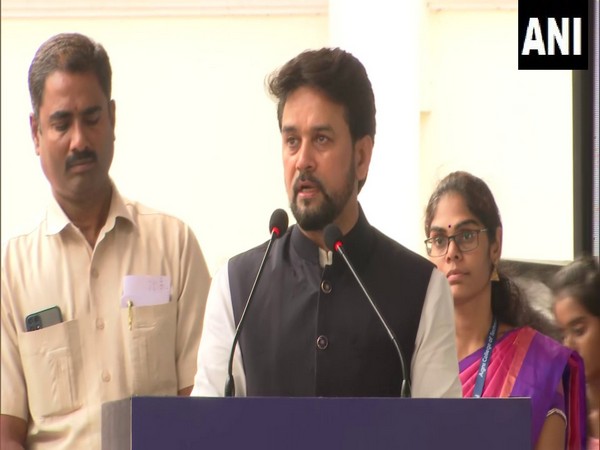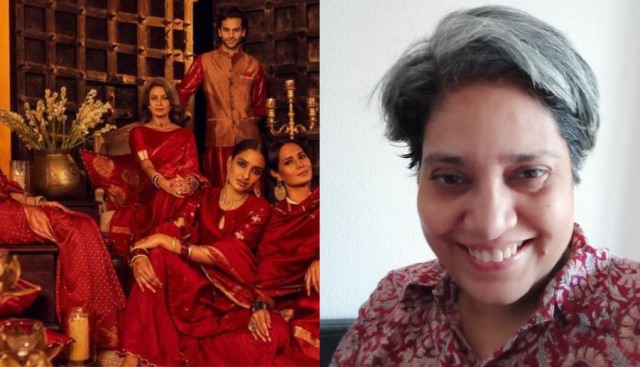Highlighting the country’s progress in the technological space, Union Information and Broadcasting Minister Anurag Thakur on Tuesday said that India will become the hub of drone technology and will require at least 1 lakh drone pilots by next year.
Addressing the gathering after flagging off the ‘Drone Yatra 2.0’ in Chennai, the Union Minister said, technology is truly transforming the world at a rapid rate and it has never been more relevant than now as its applications are solving some of the most pressing problems on the planet.
Quoting Prime Minister Narendra Modi, Thakur said, “PM once remarked that ‘India has a billion solutions to a million problems.’ As a country of a billion plus people, India is increasingly leveraging technology to stay ahead of the curve.”
Detailing the advancements in drone technology in India, he said that during the Beating Retreat, the entire nation was mesmerised by the spectacular display of 1000 ‘Made in India’ drones by Indian start-up ‘Botlab Dynamics’ led by IIT alumni. As a part of the SWAMITVA scheme (Survey of villages and mapping with improvised technology in village areas), the survey of the land and houses is being prepared through drones in the villages, he added.
Drones are increasingly being used to sprinkle pesticides and nano fertilizers in the fields in rural villages.
“During COVID, drones were used to deliver medicines and vaccines in remote areas. Drones are used in Indian cricket. Drones are used for sprinkling pesticides in remote areas. 100 kisan drones placed across India,” the Minister said.
He said that recently, the Ministry of Civil Aviation (MoCA) and Directorate General of Civil Aviation (DGCA) had granted conditional exemption to the Board of Control for Cricket in India (BCCI) for the deployment of drones for live aerial cinematography of the India Cricket Season in 2021.
He remarked that as part of the “Kisan Drone Yatra”, inaugurated by PM Narendra Modi 100 Kisan Drones were sent to villages across the country to spray pesticides. He quoted PM Modi’s remark that “Kisan Drone is now the beginning of a new age revolution in this direction.”
Thakur reiterated the government’s commitment to promoting the use of technology in the agriculture sector in order to increase farm production.
He said today, Drone technology is essential for various fields from defence to agriculture and health to entertainment. India is also moving towards creating a strong drone manufacturing ecosystem in the country through schemes like Production Linked Incentive (PLI), he added
The Union Minister said that the Modi government strives to boost the demand for cutting-edge drone technology and services in a three-pronged approach. An effective policy that is the new Drone Rules, 2021; providing incentives in the form of PLI for Drones and Drone Components; and creating indigenous demand wherein 12 Ministries of the Central government have been given the task to take it forward, he said.
Stating that India will require at least 1 lakh pilots in 2023, he said that each pilot will earn at least Rs 50,000-80,000 a month.
While noting that currently there are over 200 drone start-ups operating in the country, the minister said that this number will increase to generate lakhs of new job opportunities for the youth.
Effective policies, incentives to industry, and ‘ease of doing business’ is providing the much-needed impetus to the drone sector which shows its huge potential in India, Thakur said.
“Aligned to PM Modi’s vision of ‘Atmanirbhar Bharat,’ I am confident that the growing innovation and cutting-edge drone technology ecosystem will ensure a self-reliant and self-sustainable New India in the Amrit Kaal,” he added. (ANI)
Read More: http://13.232.95.176/

